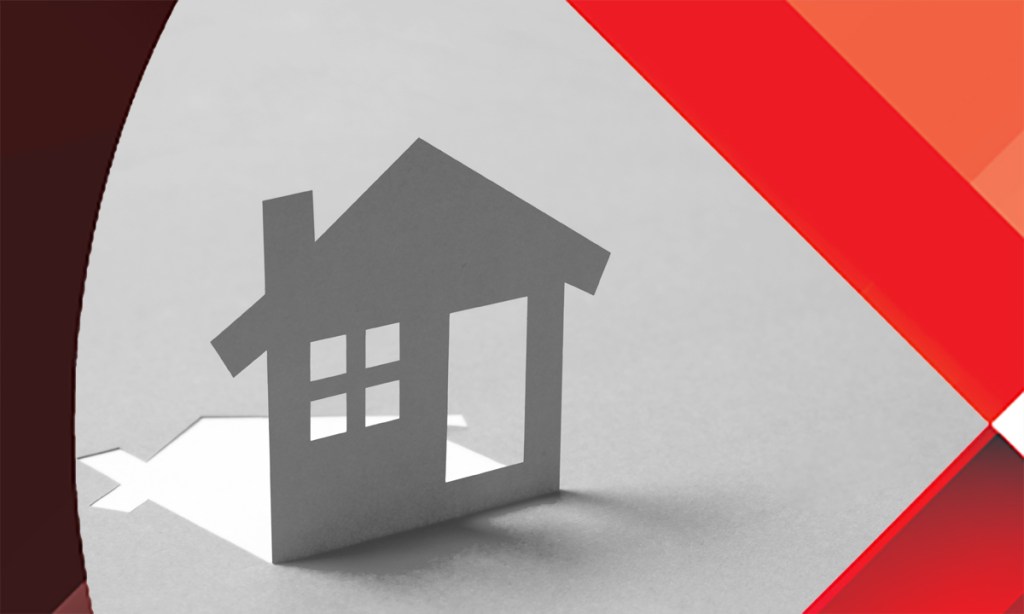
One year ago this month, I coined the term forbearance crash bros, an updated name for the housing bubble boys who never got their housing crash in 2020 so they moved the collapse of housing to 2021. Many other articles were written in tribute to this wonderfully talented group of internet crash callers. As we are in September 2021, we can safely say the housing crash has been moved once again to next year. Let’s take a drive back down memory lane.
The National Bureau of Economic Research (NBER) declared that the COVID-19 economic recession in the U.S. ended in April 2020. The two-month COVID-19-caused recession represented both the sharpest and the shortest economic contraction in U.S. history. Despite the catastrophic and widespread collapse of economic activity the U.S. suffered, by April we were already showing signs of recovery. With the 10-year yield above 0.62 basis points, the St. Louis Stress Index began its recovery, spurring the creation of the America is back recovery model, which I wrote about on April 7, 2020.
But let’s not forget that hunkering down in that deep dark well of unknowns during the early days was a scary time — regardless of how much toilet paper and canned chili you were able to stockpile.
I get being scared in times of uncertainty, and for that reason, I have some sympathy for all those housing economic forecasters who predicted a crash. They are a sensitive lot who tend to frighten easily. We shouldn’t hold that against them – too much.
The post End of forbearance programs won’t result in housing crash appeared first on HousingWire.

